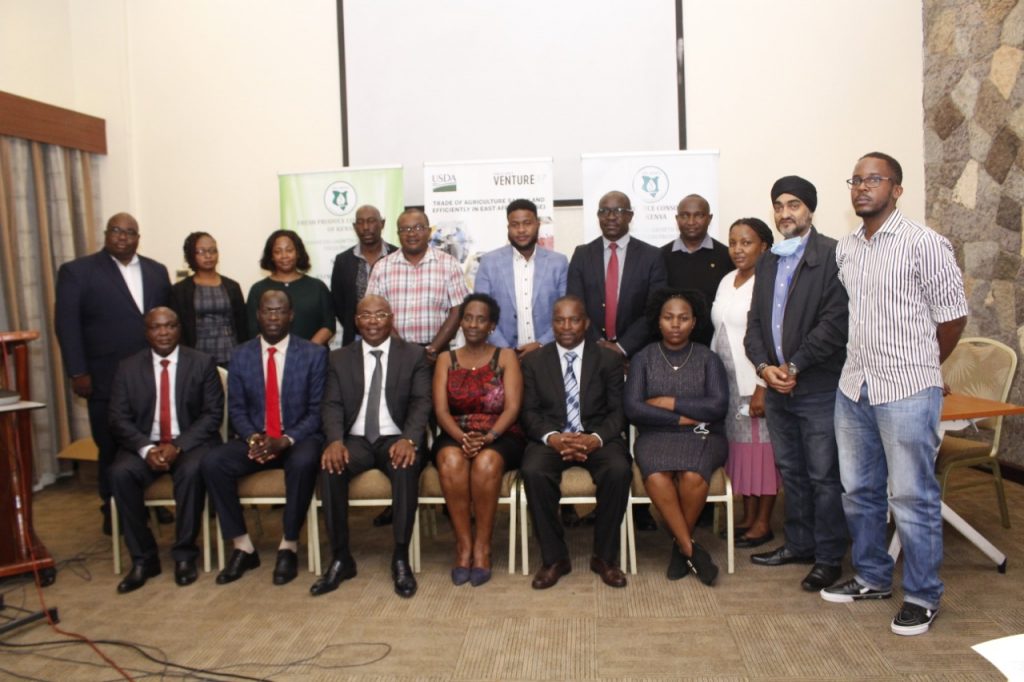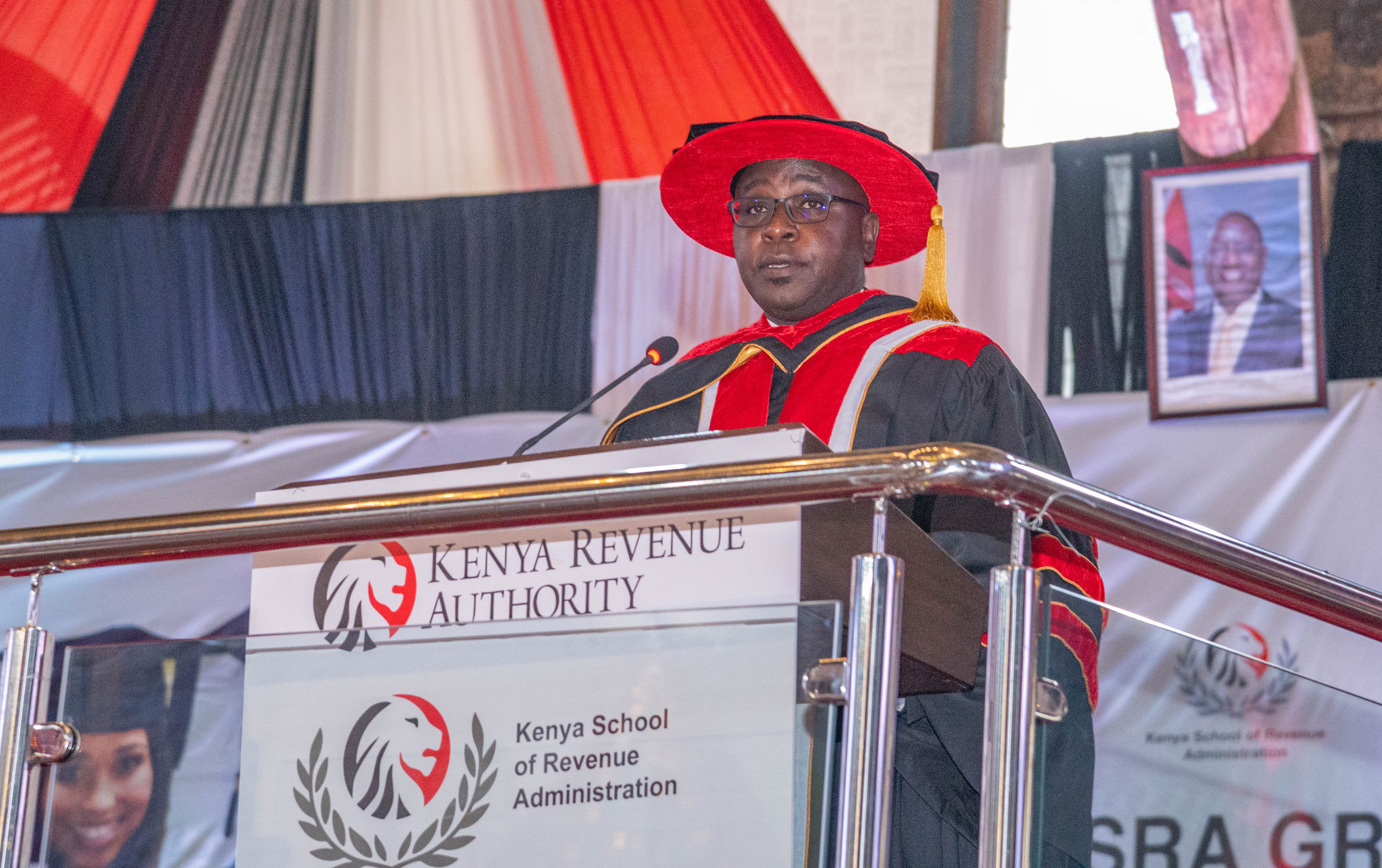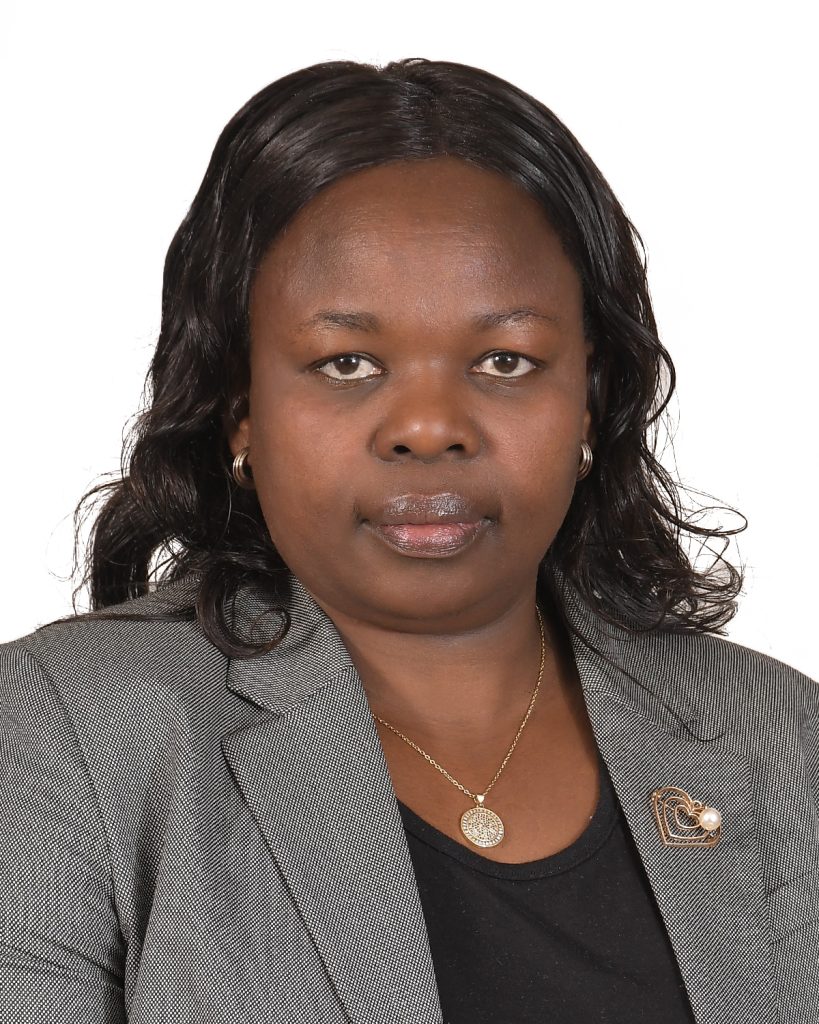New Partnership to Boost Horticulture Exports In Kenya

Land O’Lakes Venture37 through the Trade of Agriculture Safely and Efficiently (TRASE) project, today signed a Memorandum of Understanding (MoU) with the Fresh Produce Consortium of Kenya (FPC) to support compliance of smallholder horticulture producers meet Sanitary and Phytosanitary (SPS) standards.
The partnership comes at a time when the horticulture sector faces challenges that impact on capacity to provide safe food to its citizenry and sustain access to international markets.
Border interceptions of harmful organisms have been reported in the EU and other markets. Due to rising interceptions, KEPHIS, the regulatory authority implements stringent inspection and certification requirements that several small holder producers are not able to comply with.
“The signed MoU heralds our commitment to strengthening Public-private partnerships in Kenya and the East African Community at large. At the heart of the MoU are joint efforts by the Government and private sector horticulture apex bodies to build capacity of smallholder horticulture farmers to adopt good agricultural practices (GAP) based on national and international standards, and therefore improve the quality of farm produce,” said Martha Byanyima, the Chief of Party from Land O’Lakes Venture37.

Land O’Lakes Venture37 and FPC reckon that with improved quality of produce and working closely with Government regulatory agencies including the Kenya Plant Health Inspectorate Service (KEPHIS) and the Horticultural Crop Directorate (HCD), the farms will experience a reduction in the amount of produce that is rejected locally and internationally because of pests, diseases, and other SPS issues. Data collected from the capacity building efforts will be shared with regulatory agencies and could be used to design and implement risk-based inspection regimes, with cost saving benefits to government regulators and the private sector”Loading…
“Our ultimate goal is safer food, a more efficient regulatory process, reduced interceptions over the life of the TRASE project, increased access to regional and international markets and increased revenue for the smallholder farmers,” added Martha Byanyima from Land O’Lakes Venture37.
The Trade of Agriculture Safely and Efficiently (TRASE) project, implemented by Land O’Lakes Venture37, is a four and a half -year USDA supported initiative that seeks to enhance EAC intra-regional and international trade by improving sanitary and phytosanitary (SPS) systems and standards among partner states.
“We believe strong and efficient SPS systems will guarantee access to safe food by citizens, resulting in increased intra EAC trade and more access of agriculture exports to international markets. However, for this to happen, engagement with the private sector is key. We will leverage private sector investments in SPS capacity through encouraging more public private partnerships in the region,” said Okisegere Ojepat, the Fresh Produce Consortium CEO.
To build a strong foundation for the initiative, Land O’Lakes Venture37 is working with FPC, the Avocado Society of Kenya (ASOK), KEPHIS and HCD in identification, training and mentoring of farm assurers. The training is based on International GAP standards, and it entails theoretical and on farm practical mentorship sessions.
The farm assurers will be instrumental in guiding a targeted over 800 farmers through a one-year GAP capacity building initiative. To further entrench this intervention, Land O’Lakes Venture37 has facilitated implementation of a series of associated activities. These include working with the private sector and regulatory agencies in developing surveillance and emergency response plans, and training of over 120 inspectors drawn from the public and private sector on international standards related to pest risk management.
Land O’Lakes Venture37 is undertaking similar initiatives in Uganda, Tanzania, and Rwanda with a vision of facilitating a vibrant private sector that works hand in hand with Governments to identify and resolve SPS regulatory bottlenecks in order to increase trade in agricultural products.






